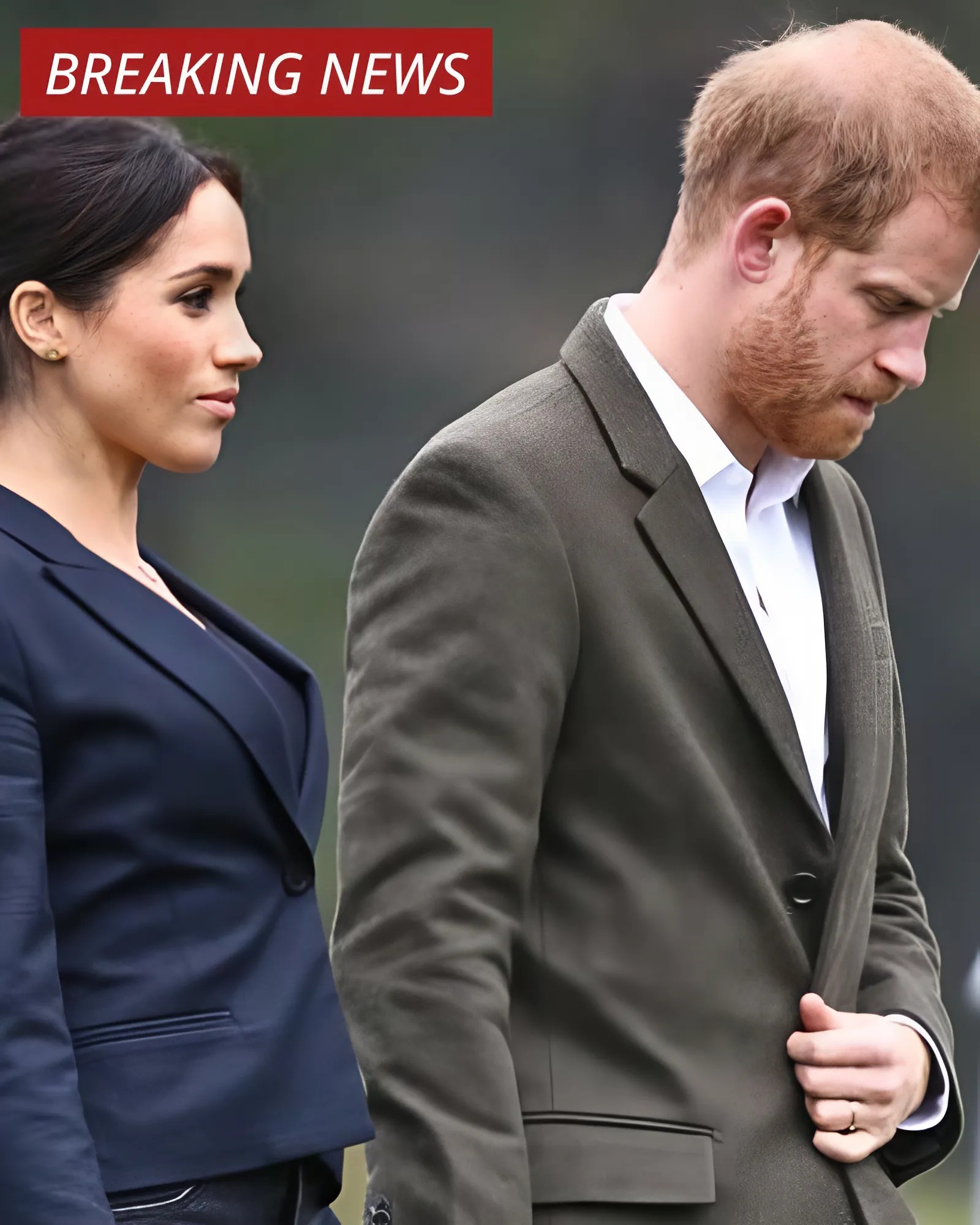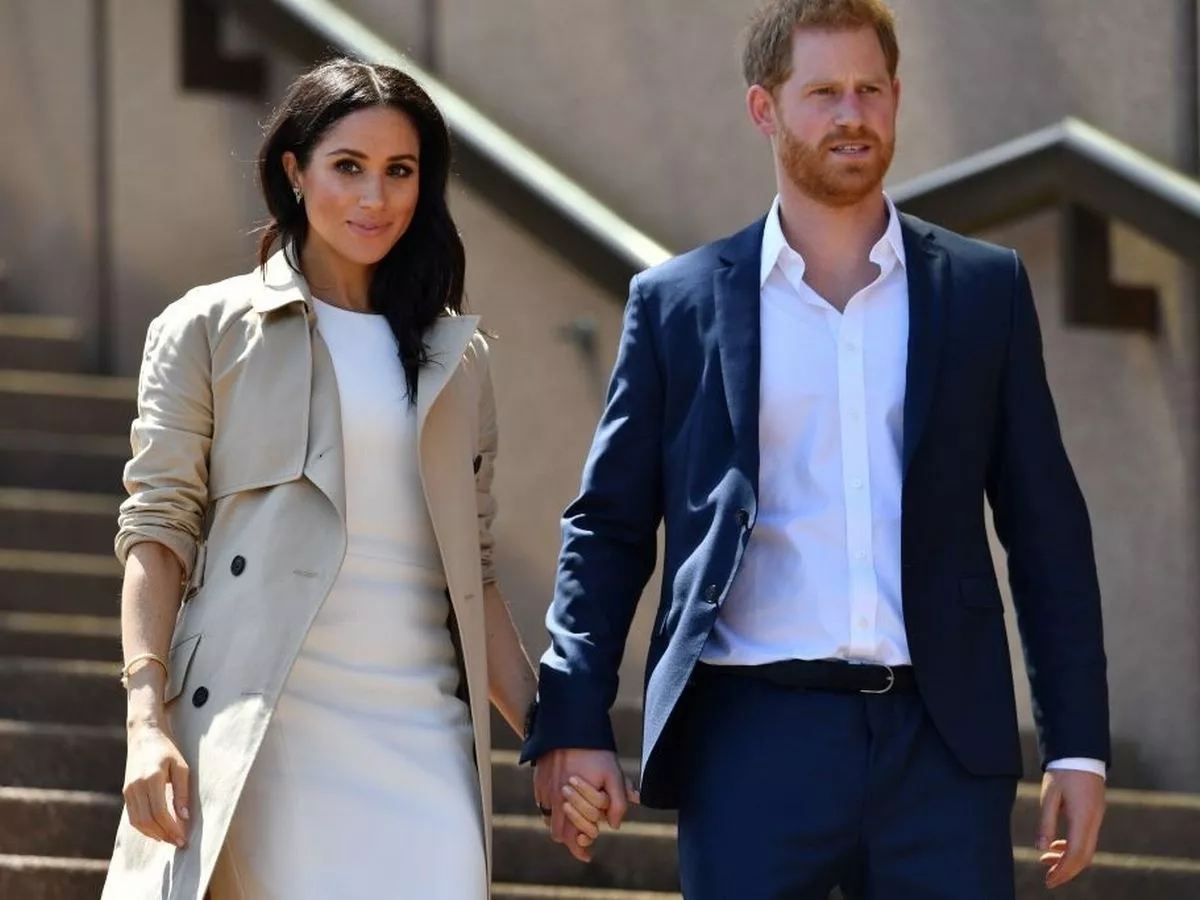
Prince Harry has returned to the Court of Appeal as he challenges a previous ruling regarding his security arrangements, claiming he and Meghan Markle stepped back from royal duties in 2020 because they felt “unprotected by the institution.”
Harry is appealing a decision made by High Court judge Sir Peter Lane, who last year rejected his case against the Home Office and the Executive Committee for the Protection of Royalty and Public Figures (Ravec). The Duke argues he was unfairly treated after his round-the-clock royal protection was removed following “Megxit.”
In the latest two-day hearing in London, Harry’s lawyer, Shaheed Fatima KC, said he was “singled out for different, unjustified and inferior treatment.” She stated in written submissions that on January 8, 2020, the Duke and Duchess felt “forced” to step down as working royals because they believed they weren’t being adequately protected, although they still wished to support the Queen privately.

Fatima argued that the process Ravec applied to Harry was “bespoke,” meaning it was created specifically for him and not used for anyone else in similar circumstances. However, Harry does not view “bespoke” as necessarily meaning “better.”
His legal team contends he should have been assessed using the same framework as any other individual under Ravec’s purview unless there was a compelling reason not to.
Court documents referenced recent security threats, including a call by Al-Qaeda for Harry to be killed, following Ravec’s 2020 decision to reduce his protection.
Another incident noted was a 2023 car chase involving Harry and Meghan in New York City, which police said showed “reckless disregard” by paparazzi but led to no charges.
Fatima claimed the lack of a formal risk assessment (RMB) by Ravec may have led to flawed conclusions, and that Harry still hasn’t been granted one, despite the recent threats.

In response, the Home Office said Harry’s disagreement with the decision did not constitute a valid appeal. Its legal representatives argued that Ravec was entitled to treat Harry’s case individually and that there had been no unlawful action in the withdrawal of his previous protection. Barrister Sir James Eadie KC said the appeal reflected a “continued failure to see the wood for the trees.”
The dispute over security stems from Harry and Meghan’s decision to step back from official royal duties in 2020. This led to them losing automatic police protection, meaning Harry could only be protected during official royal events or while staying in royal residences, but not during personal visits or travel.
His lawyers claimed this situation was “unlawful and unfair,” adding that a successful attack on Harry would damage the UK’s international reputation.
Harry also attempted to pay for his own police protection, but officials rejected this. Ravec argued such arrangements would undermine the integrity of the police, stating that officers are not “guns for hire.” While some private events can pay for police presence—like football matches or concerts—routine private security does not fall under the same policy.

In his February ruling, Sir Peter Lane found no legal error in Ravec’s decision, saying the bespoke approach for Harry was legally sound and that his legal team had misinterpreted the process.
The appeal hearing comes as Harry faces controversy within his charity Sentebale. He recently stepped down from the organization he co-founded in 2006, following the resignation of fellow patron Prince Seeiso and the rest of the board.
The charity’s chief, Dr. Sophie Chandauka, has since accused Harry of bullying and harassment, leading to an investigation by the Charity Commission.
The appeal is expected to conclude on Wednesday, with the court’s decision to be issued in writing at a later date.



